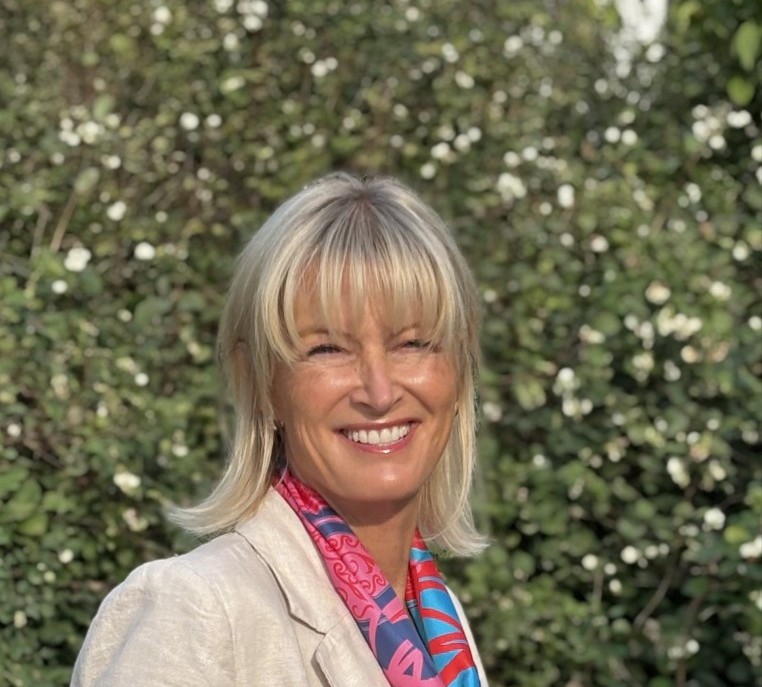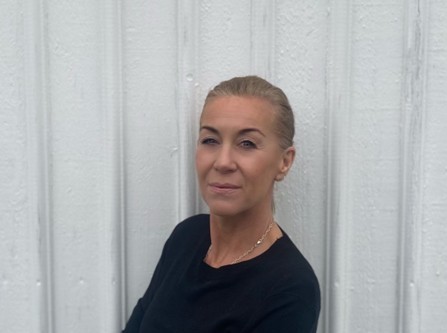Inspirational profile of the week - Cecilia Bernard, Secretary General of Mentor Sweden
Cecilia Bernard has been the Secretary General of Mentor Sweden for the past 5 years - a non-profit organization that helps young people grow, become strong and believe in themselves with the help of mentorship.


Cecilia Bernard has been the Secretary-General of Mentor Sweden for the past 5 years, a non-profit organization that helps young people grow, become strong, and believe in themselves through mentorship. She has a background as CEO in several companies within business development, brand development, and technology development and has held board assignments in digital transformation. In addition to this, she has also run her own consulting business and been the CEO of the digital agency Making Waves and the communications agency B-Reel.
Cecilia, how does one become Secretary-General of Mentor?
After many years as a consultant and CEO, I was motivated by the idea of applying my leadership in an organization whose primary purpose was not to make money. I therefore sought out the non-profit sector and was drawn to Mentor, which has an effective method (mentorship), an important target group (young people in socioeconomically disadvantaged areas), and an exciting board (including Queen Silvia, Stefan Persson, and Bertil Hult). The recruitment process itself was very similar to a CEO process. I was recruited via a recruitment consultant with several interviews with various board members, tests, and references.
What challenges (external and internal) do you see for the continued development of your operations?
Externally, it is clear that the need for our operations has only increased. During my four years at Mentor, we have experienced a clear change in social development. We are currently witnessing how fundamental values such as democracy and equality are being questioned, while structures that have taken decades to build are being torn down. Polarization is a fact, the debate climate has hardened, and we increasingly hear an "us and them" mentality. We try to counteract this by creating meetings that would not otherwise have taken place – between young people and adults, between schools and businesses, and between people with different socioeconomic backgrounds.
Internally, we have undergone an extensive change journey with a focus on prioritization, digitization, and financial growth. This has led to us being a strong organization today. By making clear choices, Mentor has doubled the number of operating hours and increased turnover by 50% in the last five years. We have implemented impact measurement in all programs and can clearly demonstrate social return on investment. Our employees are professional and enjoy their workplace.
Now our next step is to truly become national – to scale up the business so that young people throughout the country have the opportunity to take part in it.
How do you measure success in Mentor?
We are extremely KPI-driven, and all KPIs are determined both at the department level and at the individual level, with quarterly follow-ups. A KPI map that we have set up on the wall shows how the goals are linked and who shares responsibility for them.
We measure both quantitative results - such as the number of mentor pairs matched and the number of young people reached by the program - as well as qualitative evaluations and interviews with both mentors and young people. We also analyze results from before and after measurements from our programs that show effects on young people's self-confidence, confidence and well-being.
In addition to this, we also use classic key figures from the business world, such as economic growth, brand awareness, and employee satisfaction.
Contact
What challenges are you facing today? - We would love to hear from you!




